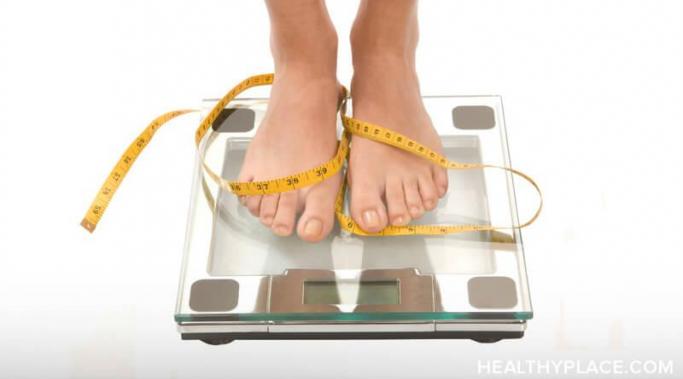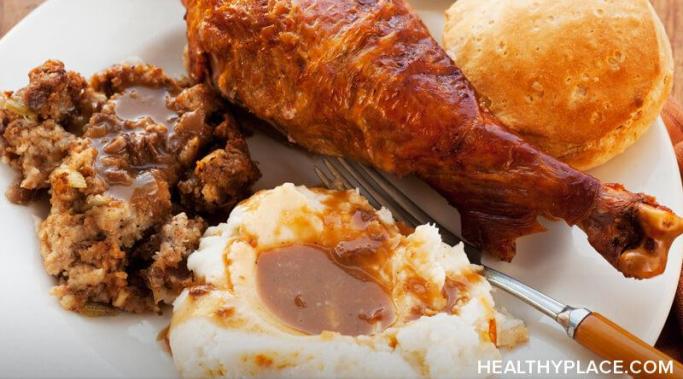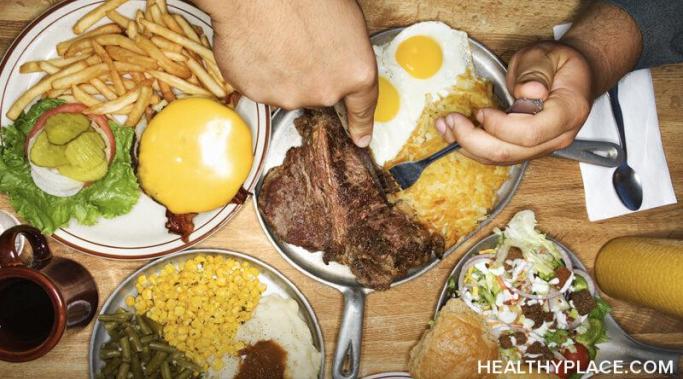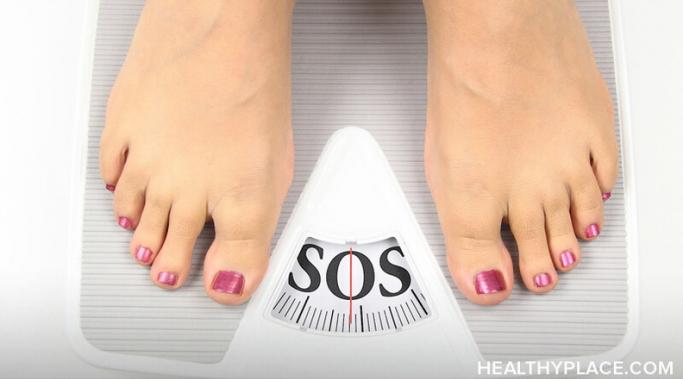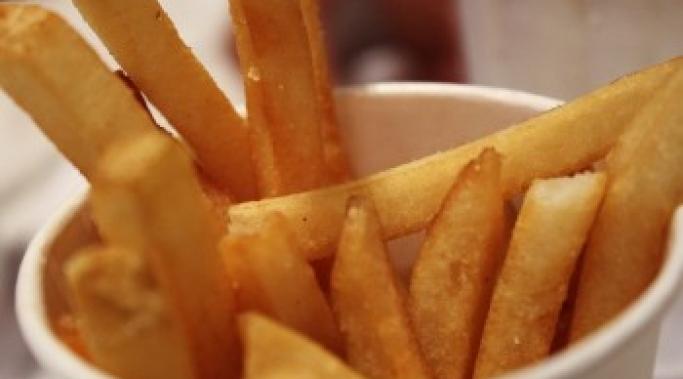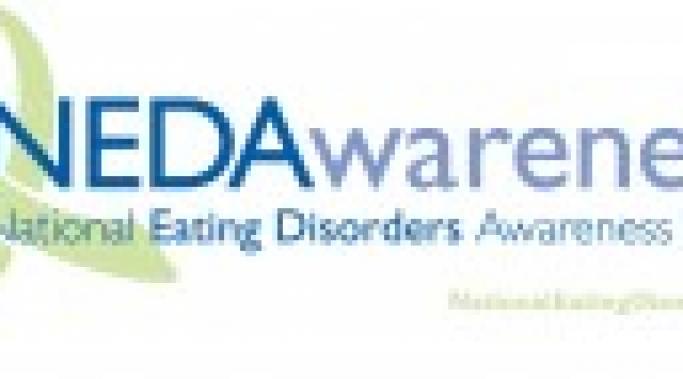Recently, I have noticed a disturbing diet-talk trend whenever I am with a group of women. Last week, for example, someone at my job said they eat less than 1000 calories while dieting. Another is preparing for her upcoming wedding by eliminating all carbohydrates. Constantly, I hear things like, "I'm trying to be good, so I'm not eating sugar," or "I was so bad last night because I ate ice cream."
Eating Disorders - Debunking Addiction
As we face our final days of 2020, the holiday stress is rising, and many of us with a history of addiction are bracing ourselves for the food-related festivities that can worsen food addiction and disordered eating. The holidays can feel terrorizing and traumatic for numerous reasons, but a big factor could be the substances consumed around this time of year. For some, the dread of holiday cocktails might cause anxiety, but for others, the sacred meals and traditional foods could be the cause for concern.
As a recovering behavioral addict, I have encountered numerous unexpected addictive substances in my recovery. Many individuals assume for a substance to be addictive that it must be either illegal or inherently dangerous, but this isn't always the case. Throughout my recovery, I have learned about substances of all types, some of which appear to be completely harmless at first glance. My hope is that this post will be helpful for other recovering addicts to learn about possible unexpected addictive substances that might catch them off guard.
An addiction to food is likely one of the most acceptable forms of addiction in our society, but does food addiction always imply the diagnosis of an eating disorder? Honestly, it depends on who you ask. In my experience, my dependencies and addiction with food inevitably morphed into an eating disorder, but that doesn't mean everyone with an eating disorder is a food addict.
Behavioral addiction and substance addiction have similarities and differences. I've learned over time that most people only associate addiction with substance abuse or chemical dependency, often leaving those suffering from behavioral addictions completely alone and underserved in their recovery process. In my recovery journey, I have had to overcome a lot on my own and even to this day, I have been told by many that my addictions either aren't real or aren't important simply because they don't involve illegal or harmful substances. Behavioral addictions are just as valid and often just as devastating as substance addictions, although sometimes the recovery process for each one can differ greatly.
As this decade is reaching its end, I am reminded of how long behavioral addictions have haunted me and exactly how far I've come. Around 2010, I first began exploring my sexuality as a teenager and I quickly learned how helpful sex could be as a coping skill for a struggling and defiant teenager like myself. Over time though, I wasn't just relying on sex to cope, my tendency to rely on certain behaviors or activities to survive slowly spread to nearly every area of my life including things like food, social media, shopping, and probably even others that I'm not fully aware of. Behavioral addictions are especially tricky to conquer because they commonly involve the most regular and routine aspects of our lives and they often go completely unnoticed.
We all cope with life differently, so how does one know when their beloved coping skill has manifested into a full-blown, unhealthy addiction? I believe most of us have our own unofficial list of coping skills that we turn to after (or during) a particularly unpleasant day. For some of us, a staple coping mechanism might be a hot bubble bath and for others, their nightly routine could include a chilled glass of wine while binge-watching their favorite sitcom. So how far is too far, and what transforms a harmless coping skill into an unhealthy life choice, or worse, an addiction?
Drunkorexia is a non-medical term describing the habit of reducing food intake (or even anorexia) combined with alcohol use. This calorie restriction is used to compensate for calories consumed through alcoholic beverages. It is not a new phenomenon, but it's not a safe one either. Restricted eating or anorexia plus alcohol use is dangerous.
As I tossed a french fry into my mouth, I thought, "mmm . . . salty." In fact, it was too salty for my taste, but somehow I still enjoyed it. That's because certain foods affect humans in a manner similar to other addictive substances. The fries didn't even taste that good, and yet I kept eating them. This new research in food addiction may explain why.
This week is National Eating Disorder Awareness week, and I think it is important to highlight the link between eating disorders and substance abuse. As a person who struggled with both, I feel it is important to bring awareness of statistics and research in this area.
